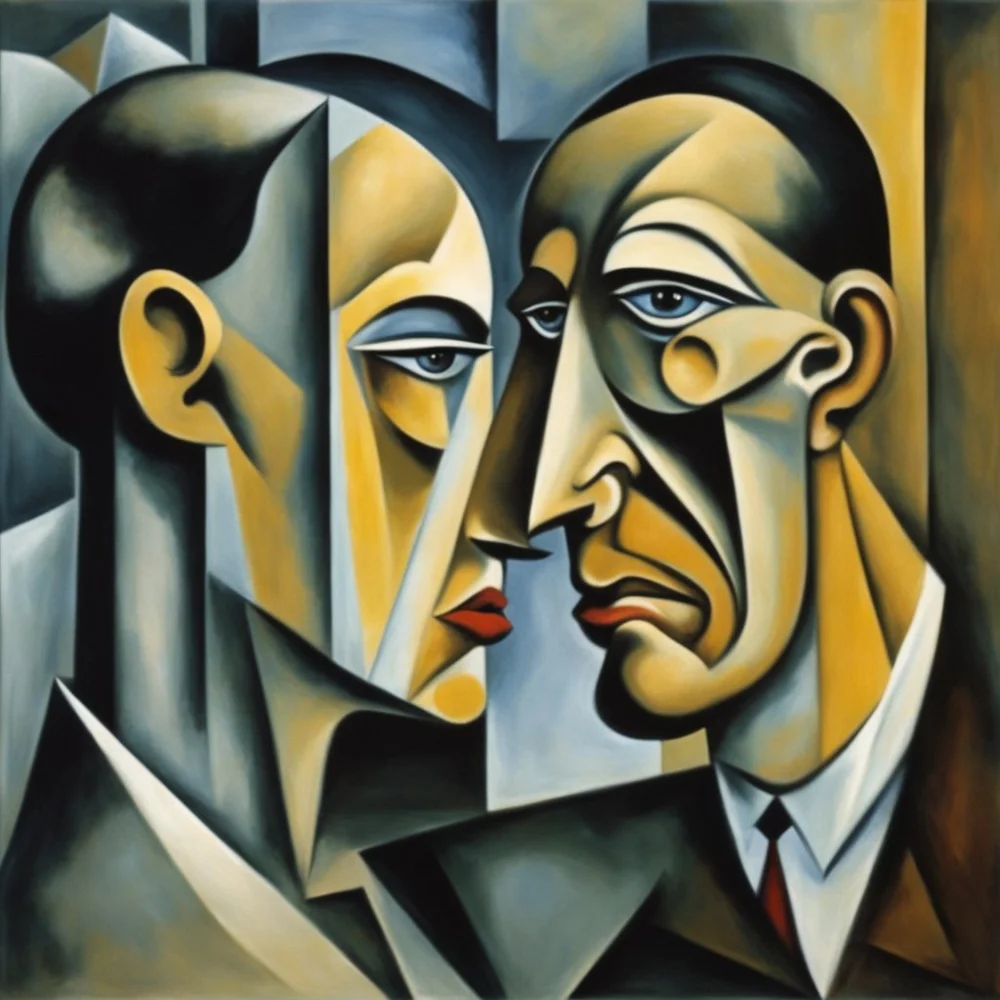Hegel: His Thought and Legacy, with Richard Bourke
Update: 2024-07-11
Description
<svg height="0" width="0" xmlns="http://www.w3.org/2000/svg">
<defs>
<path d="M0.8,1 H0.2 L0,0 h1 Z">
</defs>
</svg>
<figure class="
sqs-block-image-figure
image-block-outer-wrapper
image-block-v2
design-layout-collage
combination-animation-collide
individual-animation-site-default
individual-text-animation-site-default
image-position-left
image-linked
">

<figcaption class="image-card-wrapper">
</figcaption>
</figure>
<svg height="0" width="0" xmlns="http://www.w3.org/2000/svg">
<defs>
<path d="M0,0.5 A0.5 0.5, 0 0 1, 1 0.5 M1,0.5 A0.5 0.5, 0 0 1, 0 0.5 Z">
</defs>
</svg>
<figure class="
sqs-block-image-figure
intrinsic
">

</figure>
<figure class="
sqs-block-image-figure
intrinsic
">

</figure>
<figure class="
sqs-block-image-figure
intrinsic
">

</figure>
<defs>
<path d="M0.8,1 H0.2 L0,0 h1 Z">
</defs>
</svg>
<figure class="
sqs-block-image-figure
image-block-outer-wrapper
image-block-v2
design-layout-collage
combination-animation-collide
individual-animation-site-default
individual-text-animation-site-default
image-position-left
image-linked
">

<figcaption class="image-card-wrapper">
German Intellectual History
</figcaption>
</figure>
<svg height="0" width="0" xmlns="http://www.w3.org/2000/svg">
<defs>
<path d="M0,0.5 A0.5 0.5, 0 0 1, 1 0.5 M1,0.5 A0.5 0.5, 0 0 1, 0 0.5 Z">
</defs>
</svg>
<figure class="
sqs-block-image-figure
intrinsic
">

</figure>
In this episode, we interview Professor Richard Bourke about the philosopher Georg Wilhelm Friedrich Hegel (1770 - 1831). Hegel’s philosophy casts an enormous shadow over the German philosophical tradition, yet the import and significance of his work has been highly contested by scholars since. Here we ask Professor Bourke about his new book “Hegel’s World Revolutions”; What did Hegel really think about the French Revolution? How should we relate him to other traditions of German thoughts? How did thinkers of the post-Hegelian reaction of the 60s and 70s understand him? And is Intellectual History itself, in some sense, ‘Hegelian’?
<figure class="
sqs-block-image-figure
intrinsic
">

</figure>
<figure class="
sqs-block-image-figure
intrinsic
">

</figure>
Comments
In Channel







